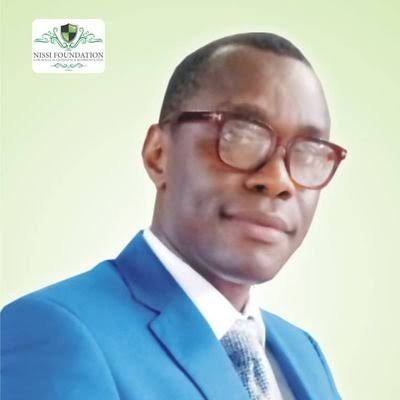“In conclusion, a peaceful leader must act as a bridge-builder, fostering dialogue, ensuring justice, and upholding democratic norms. By prioritizing mediation over force and legal frameworks over political maneuvering, Rivers State can overcome its crisis in a manner that strengthens its” institutions and promotes lasting peace.
The recent declaration of a state of emergency in Rivers State by President Bola Ahmed Tinubu has sparked intense debate about its necessity and implications. This decision stems from a prolonged political crisis involving Governor Siminalayi Fubara and his predecessor, Nyesom Wike, leading to a significant governance impasse in the state.
The Peace Leader’s Perspective
From a peacebuilding standpoint, the declaration of a state of emergency in Rivers State can be viewed through multiple lenses:
Restoration of Order
The federal intervention aims to restore constitutional governance and public order, ensuring that the state’s administrative functions resume effectively for the benefit of its citizens.
Temporary Measure
The suspension of the executive and legislative arms is intended as a temporary measure to stabilize the state, with the judiciary remaining functional to uphold the rule of law.
Precedent and Democratic Concerns
While the intervention seeks to address immediate governance issues, it raises concerns about federal overreach and the potential erosion of democratic principles if such measures become a recurring solution to political disputes.
What A Peaceful Leader Should do to Address the Crisis in Rivers State
A peaceful leader plays a crucial role in conflict resolution, ensuring that all parties engage constructively while upholding democratic principles. In the case of Rivers State, a peace leader should take the following approaches:
Mediation and Dialogue
Facilitate neutral discussions between Governor Siminalayi Fubara, Minister Nyesom Wike, the House of Assembly, and other key stakeholders.
Encourage compromise by helping both factions find common ground on governance issues.
Involve respected elders, religious leaders, and traditional rulers in peace talks to provide moral and cultural guidance.
Advocacy for Democratic Principles
Promote adherence to Nigeria’s Constitution, ensuring that governance remains within legal frameworks.
Call for the reversal of the suspension of elected officials and stress the importance of constitutional dispute resolution.
Engage civil society and legal experts to prevent federal overreach that could set a negative precedent for democracy.
Community Engagement and Public Trust
Encourage calm among Rivers State residents by promoting non-violent civic engagement.
Use media and town hall meetings to provide accurate information, reducing misinformation that could fuel unrest.
Work with youth groups to prevent political manipulation and violence.
Collaboration with Regional and National Actors
Engage the South-South Governors’ Forum to strengthen a collective response advocating for legal resolutions.
Urge the federal government to reconsider the emergency rule and instead support a structured political resolution.
Encourage international organizations and human rights bodies to monitor the situation and ensure fairness.
Establishing a Long-Term Peace Framework
Develop policies and strategies to prevent future political crises in Rivers State.
Recommend legislative reforms that protect state autonomy while ensuring federal intervention remains within constitutional limits.
Promote leadership training for political actors to enhance governance ethics and accountability.
In conclusion, a peaceful leader must act as a bridge-builder, fostering dialogue, ensuring justice, and upholding democratic norms. By prioritizing mediation over force and legal frameworks over political maneuvering, Rivers State can overcome its crisis in a manner that strengthens its institutions and promotes lasting peace.
“But the wisdom that comes from heaven is first of all pure; then peace-loving, considerate, submissive, full of mercy and good fruit, impartial and sincere.” (James 3:17)
Prof. Ofonime Emmanuel Bassey is a keynote speaker. Chairman, South South Zone of Police Campaign Against Cultism and Other Vices, (POCACOV) Nigeria.
He is a consummate professional with more than thirty (30) years work experience in Consulting, Peace and Conflict Management, Peace Building, Security, Law Enforcement, Academia, United Nation Peace Mission.
An Apostolic Bishop, Author of more than thirty (30) books. President/Chancellor, NISSI Institute (www.nissiinsitute.net)
Share your story or advertise with us: Whatsapp: +2347068606071 Email: info@newspotng.com

















